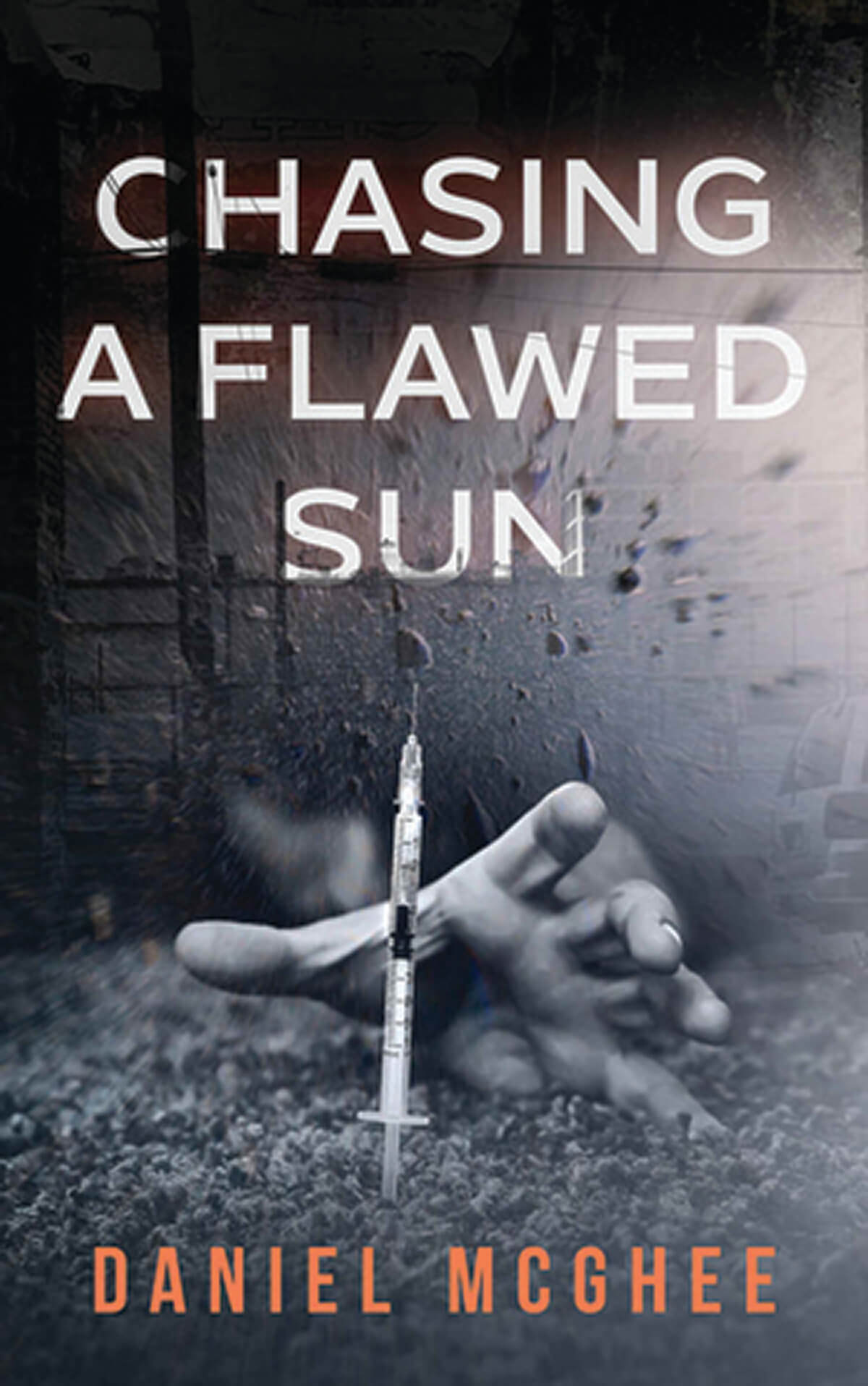Arts & Culture
Book Reviews: January 2020
The latest from Daniel McGhee and Reginald Dwayne Betts.

Chasing a Flawed Sun
Daniel McGhee (Phoenix Rising Publishing)
From page one, Daniel McGhee races down to the depths of hell on Earth and drags the reader along with him, every inch of the way. As painful as this memoir is to read—one horrifying, self-destructive story after the next—one can only imagine how painful it must’ve been to write, much less live. McGhee grew up a white, middle-class kid in Baltimore County, and in this gut-wrenchingly honest narrative, he takes us down the rabbit hole into his heroin addiction—but not before years of drinking every day and getting high on cocaine, Special K, and ecstasy (and selling them all, too), while constantly instigating fights, jumping people, pulling guns on people (seemingly nothing was off limits) and finding himself in and out of rehab—and prison. When retelling his story, he sometimes interrupts his own train of thought to comment on how ashamed he is, how lost and clueless he once was. Many addicts don’t find themselves living the happy ending, but this book serves as some hope. It’s a story every addict must know deeply, and this book would certainly resonate with them. But perhaps its greater gift lies in showing people who have not experienced addiction firsthand what it’s like—physically, mentally, emotionally, and spiritually—and why addicts keep “chasing a flawed sun.”

Felon
Reginald Dwayne Betts (W.W. Norton & Company)
Whether delivering a one-two punch reminiscent of rap or the quiet revelations of a man brimming with wisdom, the poems in Reginald Dwayne Betts’ Felon traverse the realities of re-entering society post-incarceration. Throughout the book, he explores reconnecting with family, struggling to find viable work, facing the grievance of years lost, and ultimately learning to navigate the world as an ex-con. “Redaction is a dialect after prison,” he writes in the first poem. Originally from Prince George’s County, Betts was incarcerated nearly nine years for carjacking when he was 16. After his release, he graduated from Yale Law School and has since published a memoir and four collections of poetry. Perhaps the most compelling aspect to Felon are four poems that show Betts’ redactions in legal documents that had been filed by the Civil Rights Corps to challenge the continued incarceration of those who could not afford bail. Traditionally called blackout poems, this literary device has soared to new levels of meaning under Betts’ hand. Among the thick, black lines of his redactions are the words and phrases that he’s chosen to keep, ultimately transmuting the court documents into works of art.